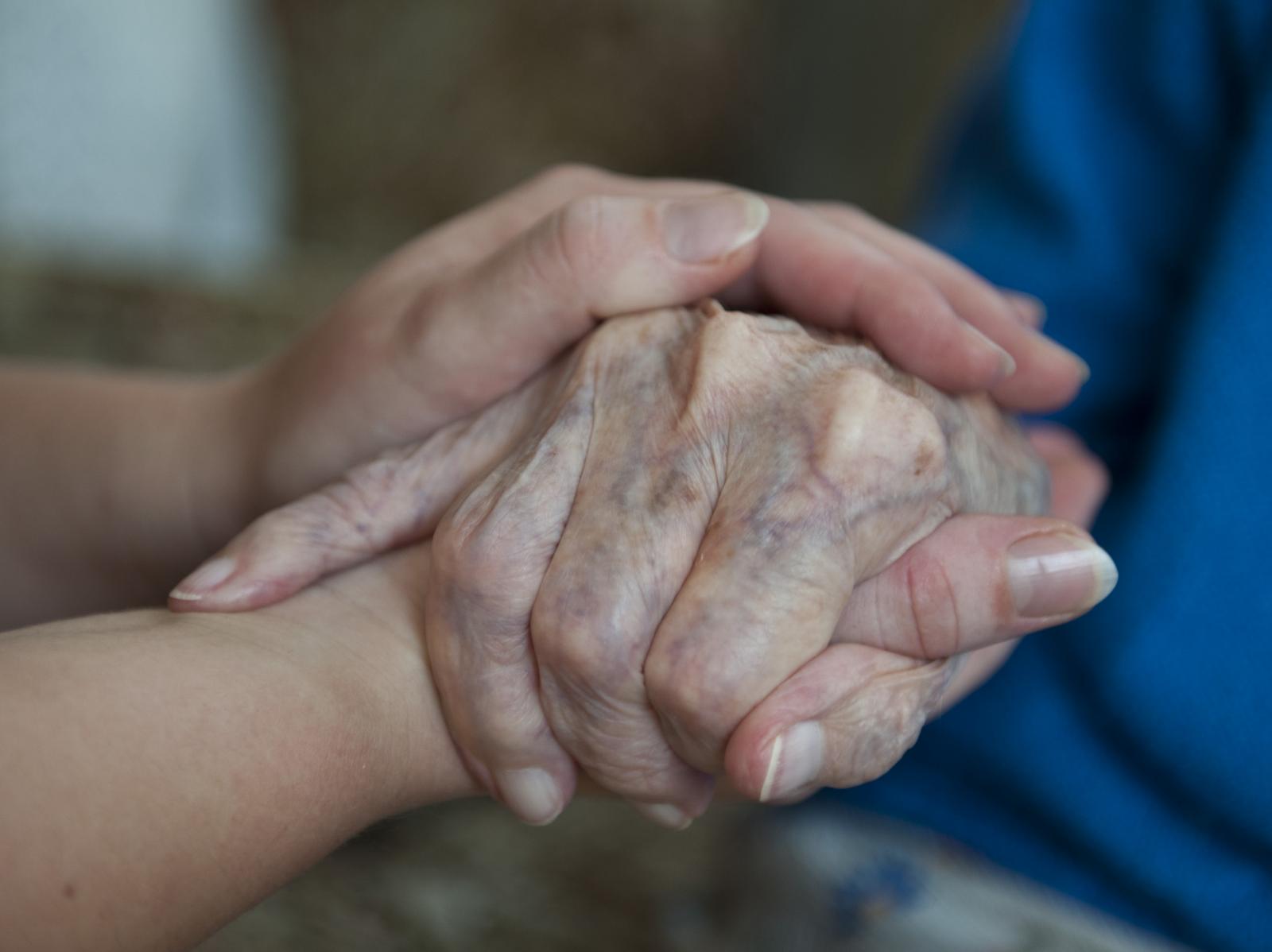By Deacon Roger Carr-Jones
Marriage & Family Life Coordinator for the Diocese of Westminster
When we are young, we have no real concept of being old. Why would we? To be young is to rest securely at the centre of all things. A better way to see things is that the very young are better absorbed in life, living in the ‘now’ and immersed in the sacrament of the present moment. If we follow that example through life to live in the present rather than the past and future, the more responsive we are to those whom we encounter on the journey. As we get older, we have the choice to use our memories and experiences as gifts, items we can draw from our store cupboard of life. These treats prudently offered to the young, are readily gobbled up.
Both my in-laws are now in a care home, which is visited by nursery aged children weekly. In their interactions with one another the sacrament of the present moment is made real. The little ones, though seemingly absorbed in their play, draw the older people into their worlds. Both, for a brief period of time, inhabit a timeless space. This close proximity of the young to the old at a very deep level influences the onward journey of both. It is most often a sharing without words, more smiles and laugher.
Reflecting on the upcoming World Day for Grandparents and the Elderly, I was drawn to the power that simple objects have to connect us to people. I had an aunt who died some years ago and was much loved by my children, one of whom had a particularly close relationship because this aunt was a good listening post.
As I become older, I find that memories also bubble up for reinspection, especially about those who have accompanied me along the path of faith and life. In the past I would be tempted to overlook them: now I bring them into the light. I see these primarily as God moments, to be re-membered, relived and learnt from. On occasion, if the memory is unsettling or embarrassing, I have learnt to ask Jesus to come alongside so that I may see the memory more clearly.
When we get a little older, we discover that, whilst our body might age, our inter-play with the world remains ever youthful if we choose. In a similar way the Church, whilst 2,000 old, is at heart ever a young church, full of vigour and life. As I age, I am more aware of the gift not only of my children and grand-children, but the younger people who I encounter along the way. One of the benefits of being older is to discover that more people are younger and they invite me to rediscover my own youthfulness.
For their part young people crave the closeness and presence of the elderly more than the words and the advice. As I get older, I have come to realise that the best gift I can offer the young is not words of wisdom to questions that were not asked but in learning to cultivate the apostolate of the ear. We must listen, be welcoming and then accompany.
The art of listening means that the young person can share their doubts and fears, it calls for closeness and the willingness to journey side by side. As Pope Francis reminds us, ‘Communicating means sharing, and sharing demands listening and acceptance’.
Thinking of this brings me back to my aunt who had the gift of listening and a very key moment for one of my sons. On the eve of her death, he visited her before going on to the theatre, leaving with £10 and ‘her bottle’ of a well-know fizzy drink. He enjoyed visiting because she was always present to him, receptive to his words. That particular brand of fizzy drink still holds for him a profound connection with her and of her capacity to love and listen. His response to her love brought her joy and hers to him brought wisdom and an enduring memory.
